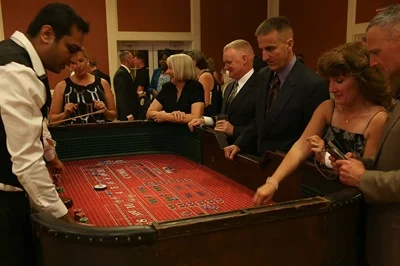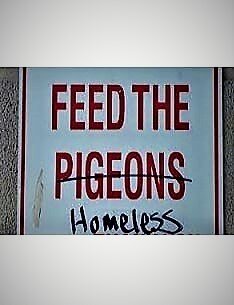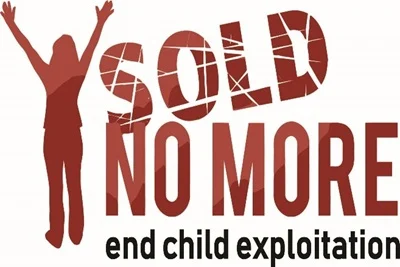As New York City starts the process of accepting or rejecting casinos in multiple Manhattan zip codes, it is important to understand the relationship between casinos, public finance, economic development and politics.
Casinos and Public Finance
States legalize casino gambling primarily for tax revenues. What motivates governments to engage casino developers in casinos? Major drivers include fiscal stress, an attempt to keep gambling revenues locally, and attracting “export taxes” from out-of-state tourists. The thought is that diversifying state tax revenue through casino gambling and slot machines will stabilize budgets without raising existing taxes.
One way to “sell” the community on allowing casinos into their neighborhoods is a promise to earmark the revenue stream for “social good” programs; however, the impact on specific programs is never guaranteed. In addition, the impact of legalized commercial casinos on overall state tax revenues is inconclusive and depends on substitutability of other gambling options.
Casinos and Economic Development
The politicians and elected officials in Atlantic City, New Jersey thought that casinos would be the answer to their problems and the 40 years of casino activity in Atlantic City aimed to boost tax revenue and redevelop the city. Despite initial expectations, research has concluded that the casino industry did not have a significant lasting positive impact on Atlantic City’s economy or widespread urban development.
New York Casino Authorization
The Governor of New York and other elected officials have authorized up to three casino licenses for downstate New York, including New York City. New York voters approved the legalization of Las Vegas-style casinos in 2013. The approval process for new casino locations will be lengthy, with announcements expected no earlier than 2025. The state’s Gaming Facility Location Board, appointed to oversee the application process, will make recommendations to the Gaming Commission.
Application Process and Local Support
The application process opened in early January, 2024 with casino operators and developers preparing proposals. Strong community opposition can impact casino bids before state regulators review the application. Local Community Advisory Committees will assess community support for proposed casinos, with at least two-thirds approval required.
Mayor Eric Adams’s Position
Mayor Eric Adams has spoken positively about casinos, expressing hope for two casinos in New York City to boost the economy. Adams has deep ties to the industry, having served as chairman of the Racing, Gaming, and Wagering Committee as a state senator.
There are some controversies related to Adams’s connections to the industry as he faced a scandal related to the selection of a video-lottery machine provider at the Aqueduct Racetrack in Queens.
A 2010 state inspector general’s report criticized him and colleagues for “exceedingly poor judgment” due to socializing with lobbyists and accepting campaign contributions from those connected to bidders.
The New York Times reported that Mayor Adams appointed his close friend, Timothy Pearson, to a well-paying city job. Interestingly, Pearson was simultaneously employed at a racino (a horse racetrack with digital games) near the Aqueduct Racetrack. Following the report, Pearson and the racino ended their association. Notably, the racino in Queens is a major employer for members of the hotel workers’ union, which recently renamed itself the Hotel and Gaming Trades Council, reflecting its connection to the gaming industry.
More Vice Options in Manhattan
The establishment of Manhattan casinos represents the culmination of a gradual expansion of state-sponsored gambling, ranging from the lottery half a century ago to sports betting during the pandemic. New York State has permitted expansions since 2014 and were partly driven by the need to balance the state budget, particularly during years with projected revenue shortfalls.
Lottery and gambling revenue has also been employed to support politically favored industries. In 2003, amid New York’s recovery from the 2000 Wall Street downturn and the aftermath of 9/11, the state permitted its renowned racetracks to install “video lottery terminals” (VLTs). Despite their resemblance to slot machines, the state insisted that these terminals were akin to paper lottery tickets, just in a computerized form. The Aqueduct Racetrack in Queens, near JFK Airport, exemplified this by installing thousands of VLTs and rebranding itself as a “racino.”
Thanks to the current Mayor of New York, we currently have weed on the streets and in the parks of Manhattan. The last frontier of vices is prostitution. Advocates for openly marketed “sex work” are adopting a language similar to what supporters of legalized marijuana and casino gambling used in the past to elevate those activities to central roles in New York’s economic policy. It’s conceivable that, in a future budget crisis, there could be a proposal for a dedicated tax on prostitution, potentially generating hundreds of millions of dollars annually. Individuals dissatisfied with job opportunities in the casino-greeter and marijuana-infused baked goods sectors might soon consider a new and enticing career option.
© Dr. Elinor Garely. This copyright article, including photos, may not be reproduced without written permission from the author.
This is part 2 of a 3-part series.
Read Part 1 Here: Taking a Gamble: New York City’s Risky Proposition for Casino Hub in East Side of Manhattan
Stay tuned for part 3.




